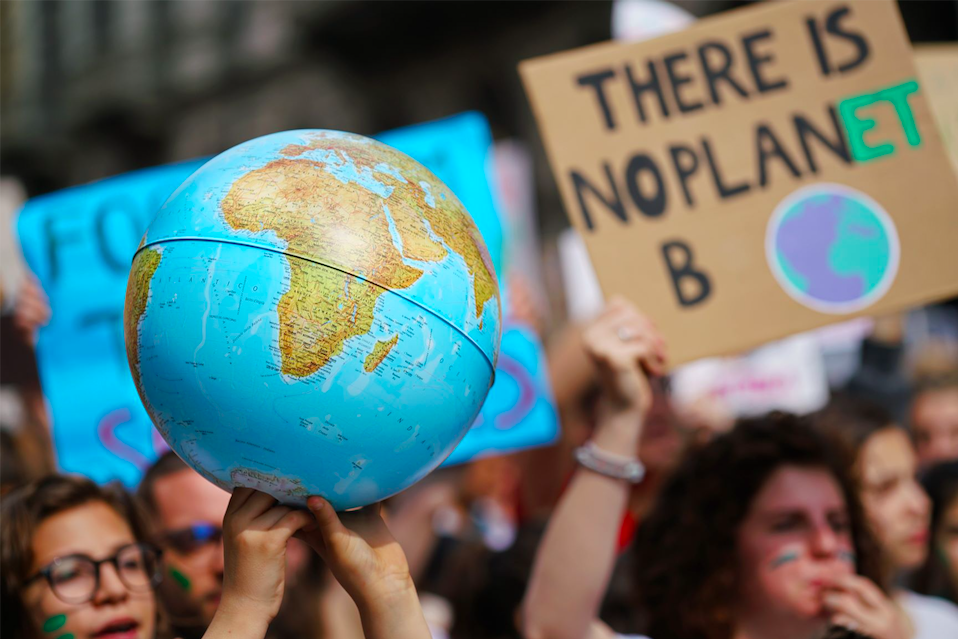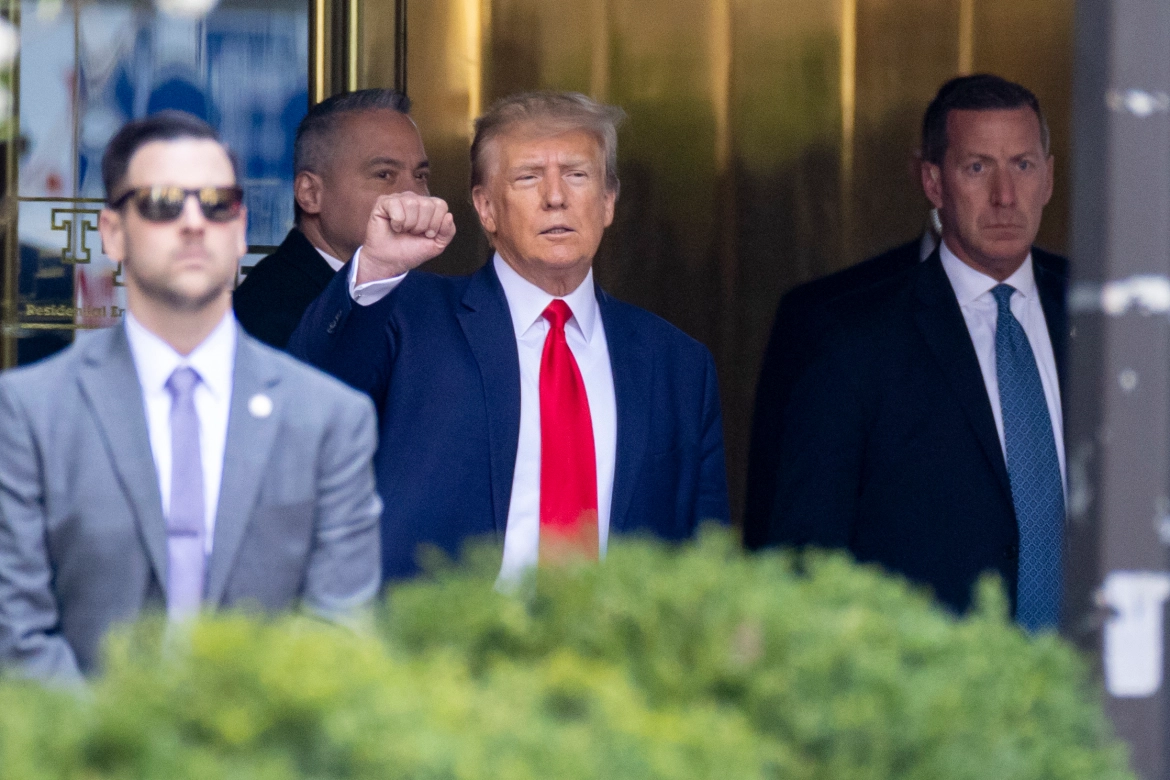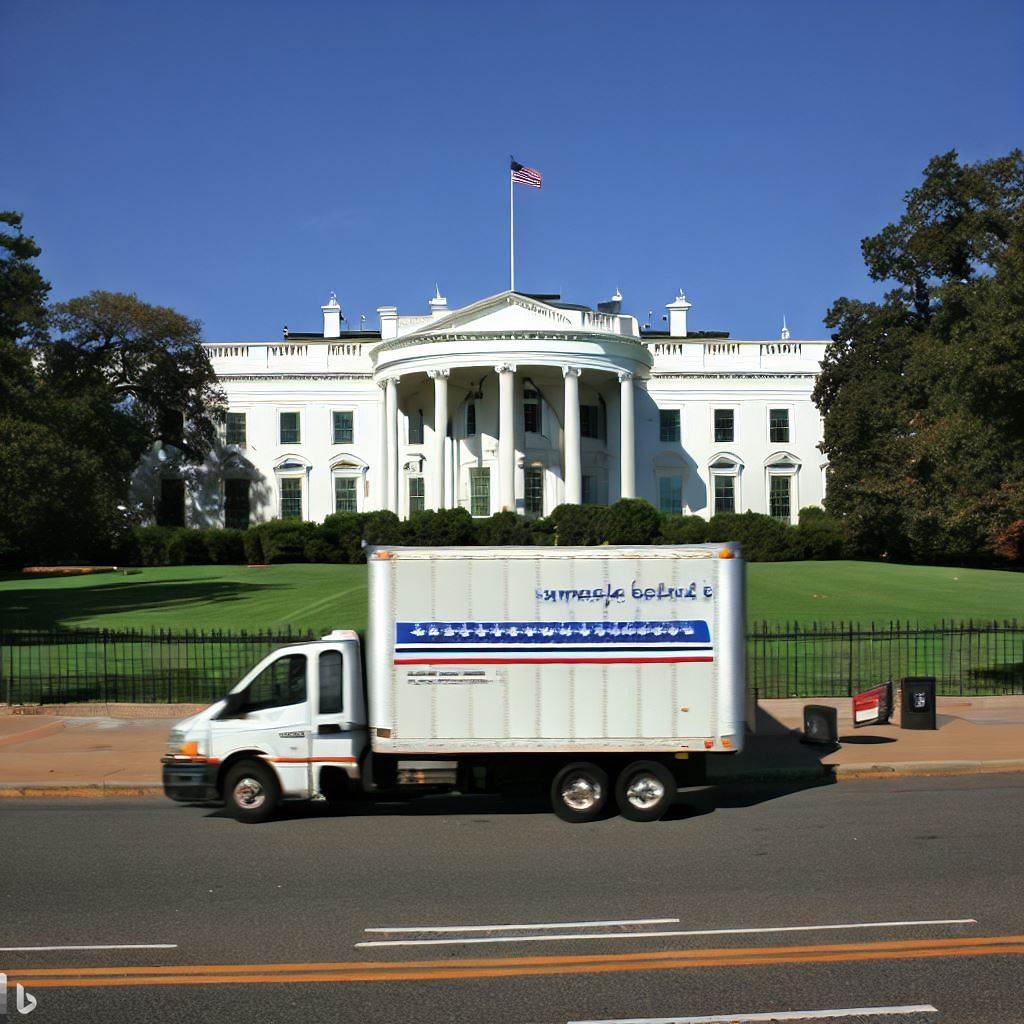Former Australian Minister for climate change, Greg Combet, is urging younger generations to “keep fighting” against climate change
Greg Combet is a Trade Unionist, former Minister for Climate Change, Industry, and Innovation in the Julia Gillard Government.
Now, Combet is the Chair of Industry Super Funds. Industry Super Funds represents sixteen of Australia’s biggest industry funds and the bulk of the $630 billion industry superannuation sector.
In this week’s episode of Ticker Climate, we discuss climate policy, carbon targets, carbon tariffs, and the risks for Australia’s billion dollars Industry Super Funds.
The ‘COP 26’ UN Climate Change Conference is hosted by the UK in partnership with Italy. It will take place from 31 October to 12 November 2021 in Glasgow, UK.
The meeting will host 50 countries, including Australia, to negotiate key issues regarding climate change. The aim of the meeting is to increase climate ambition, build resilience, and lower emissions.
UK Prime Minister, Boris Johnson, is passionate about achieving strong targets from the meeting.
“Securing a brighter future for our children and future generations requires countries to take urgent action at home and abroad to turn the tide on climate change. It is with ambition, courage and collaboration as we approach the crucial COP26 summit in the UK that we can seize this moment together, so we can recover cleaner, rebuild greener and restore our planet.”
– Boris Johnson, UK Prime Minister
Australia has previously been criticised for its lack of ambitious targets, in comparison to the rest of the world. Australian Prime Minister, Scott Morrison has not yet agreed to net-zero emissions by 2050.
“We’re getting left behind as a consequence of the paralysis within the Morison government, about climate policy.”
“It is no longer good enough to only commitment to net zero emissions by 2050, all nations need to roughly halve emissions by 2030,”
Scott Hamilton, Ticker Climate co-host and energy expert
“Australia should be looking at a target of 45% by 2030.”
Carbon Tax
Carbon Tax or Carbon Pricing Carbon pricing captures the external costs of greenhouse gas emissions, the costs of emissions that the public pays for, and ties them to their sources through a price.
A price on carbon helps shift the burden for the damage from emissions back to those who are responsible for it and who can avoid it.
“I still think that carbon pricing mechanism is the most economically efficient, or the lowest cost way to achieve emissions reductions across the economy.”
Greg Combet, former Minister for Climate Change
Is Australia too dependent on fossil fuels?
Australia has electricity and energy systems that have been heavily dependent upon coal and other fossil fuels. Australia is an advanced economy, and can still invest in the transition that’s necessary for our energy system and in other important sectors of the economy.
“You not only need strong targets for 2030, but you also need strong climate action as well. That means stop funding fossil fuels and manage the transition out of coal-fired power electricity.”
Scott Hamilton, Ticker Climate co-host and energy expert
Climate change and investment decisions
It is a common feature among major corporations to find commitments to net-zero emissions by 2050.
Combet chairs Industry Super Funds, which are big investors in infrastructure in Australia and globally. They have committed across their portfolio to achieve net-zero emissions by 2050.
They’re about to enter into major power purchasing agreements to purchase renewable energy.
“It is critically important that the huge Industry Super Funds invest our money wisely so it won’t end up in stranded assets in a decarbonized future.”
“The good news is that Australia has immense opportunities for investment in global-scale projects, such as SunCable; the Asia Renewable Energy hub; and the recent Western Green Energy Hub in WA.”
Scott Hamilton, Ticker Climate co-host and energy expert
Challenges for next generation
Combet is urging younger generations to keep fighting against climate change.
Other news this week:
Great Barrier Reef denied ‘in danger’ listing
After much anticipation, the World Heritage Committee decided against listing the Great Barrier Reef as “in danger”.
The decision ignored the recommendation of the International Union for Conservation of Nature (IUCN) and the UNESCO World Heritage Centre.
https://twitter.com/tickerNEWSco/status/1419564078888931331?s=20
The US still on fire
California continues to burn. The Dixie Fire, which started earlier this month and has now burned more than 190,000 acres. This has forced a new wave of evacuations in Northern California.
However, the blaze is still only 21 percent contained and continues to display extreme fire behavior.
Watch this week’s full episode here:
Ticker Climate



 News3 days ago
News3 days ago


 News5 days ago
News5 days ago


 Leaders3 days ago
Leaders3 days ago


 News3 days ago
News3 days ago


 Shows3 days ago
Shows3 days ago


 Docos5 days ago
Docos5 days ago


 Leaders4 days ago
Leaders4 days ago


 Leaders4 days ago
Leaders4 days ago





